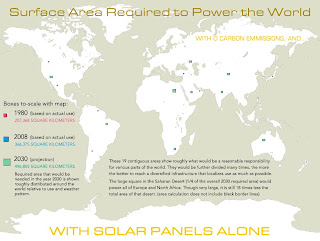Heart surgeons detects cancer risks in blood pressure doses
University Hospitals Case Medical Center heart surgeon have revealed new study indicating an expanded risk of cancer with a group of blood pressure medicines known as angiotensin-receptor blockers (ARBs). This type of drugs is applied along millions of patients not alone for high blood pressure but also for coronary failure, cardiovascular risk diminution and diabetic nephropathy. University Hospitals Group lately accomplished a meta-analysis from almost 60,000 patients arbitrarily delegated to take either an ARB or a moderate medicine. Their determinations are released online today at The Lancet Oncology . The Scientists discovered that patients that used ARBs has "significantly increased risk of new cancer" equated to control patients. "We have found the risk of new cancers was increased with these medications by 8-11 percent," alleged Dr. Ilke Sipahi, associate director of coronary failure and organ transplant "Most importantly, risk of lung cancer

